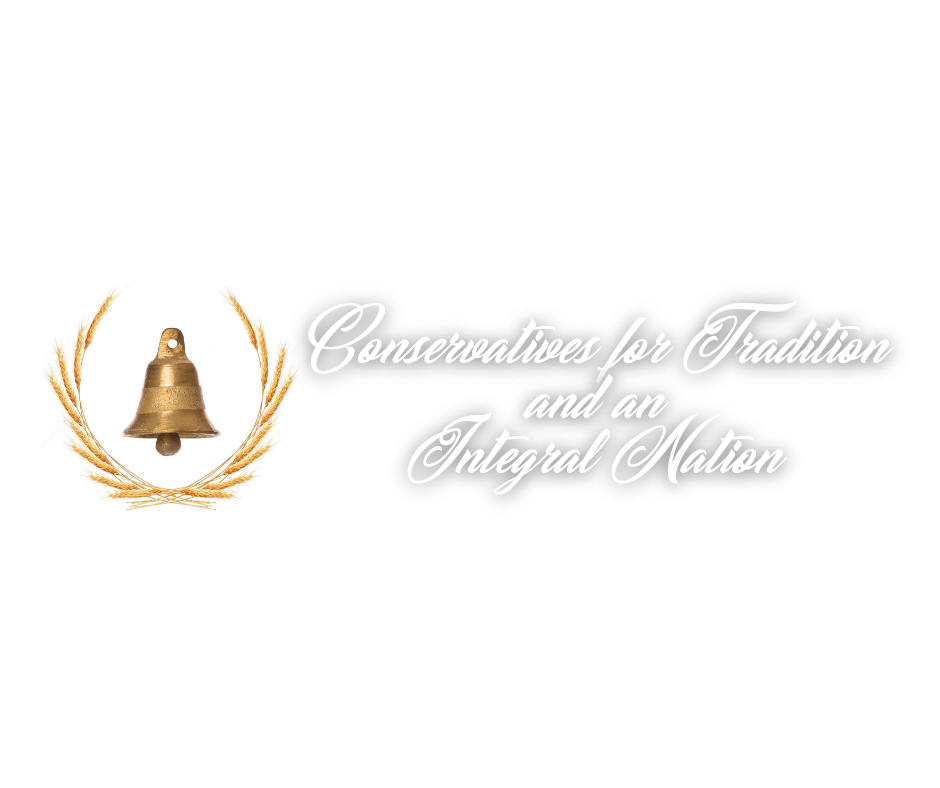Education
What is the most important resource that a country must develop? It is its people. While obvious, many nations do not fully comprehend this reality, believing that they should focus on developing other natural resources rather than improving education. But the human capital of a nation is its greatest asset, with some of the most resource-poor countries having the highest living standards of all thanks to great investment in education. Education is the key to ensuring that a nation will not only become strong, but survive in the first place. The ability to teach the next generation skills and knowledge is vital to ensuring the survival of a species. When many new nations formed throughout history, education was what ensured that a country survived, as while one can conquer land, the idea of a nation must be imparted on its inhabitants in order to make it a nation. As Massimo D'Azeglio said: “We have made Italy. Now we must make Italians”. Even in nature the animals with the best teaching methods are the ones who are best at survival. In this way education is the forge by which a nation is born, and through these reforms, a new America will soon be made.
The current education system in the US must be replaced by a more efficient system that can meet the needs of the nation. As it currently stands, the public school system is designed to create obedient factory workers with little creativity, while also being plagued by corrupt liberal gender ideology. The first reform to the system will be the conversion of every public school into a charter school. As charter schools are more autonomous they are encouraged to prioritize academic excellence and efficiency, thus achieving better results with less money. Furthermore, these charter schools will all be contracted out to religious organizations from all the abrahamic and dharmic religions. Traditionally, it was the clergy that were in charge of education, and so to restore traditional society, their role must be restored. The second reform will be to remove many of the restrictions on private schools and homeschooling in order to encourage competition and innovation amongst education. The third reform will be similar, but applied to the university system, with the addition that entrance standards be heightened so that only the top percentile of the population will attend. University is meant to be a specialized field for higher academia and advanced experimentation, not required to achieve employment. This leads to the fourth reform, where apprenticeships, trade schools, folk high schools, and community colleges will be prioritized as the final phase of education.
The new curriculum will follow the model of the classical education movement, with education rooted in the knowledge of the ancient civilizations, only with a focus on all civilizations rather than just the western civilizations. STEM fields in particular will be emphasized in the form of natural philosophy, to ensure the unity of science, faith and philosophy in education. The curriculum will be taught to students in both theoretical and practical formats, much in the same way as the Singaporean Math system. This will ensure that a majority of students will be able to understand the curriculum. In conjunction with the classical system, schools will also incorporate open-source education as well in order to ensure a diversity of thought, therefore creating another vector for innovative thinking.
The final addition will be the introduction of mandatory military service. Just as science and spirituality must be united, so must military and civilian life. Through military service, the American people will develop a greater sense of national unity, extra skills useful in the workforce, a focus on discipline and physical fitness, and a greater comprehension for the necessary realities of war. The mandatory draft will only be for reserve forces, unlikely to see combat unless desperate times arrive.
Education can also be used as a way to strengthen our alliances with foreign countries. A good example is the Western Hemisphere Institute for Security Cooperation (WHISC). At this institution, Latin American military personnel receive training from the department of defense in order to achieve better cooperation between the various militaries of the western hemisphere. Thanks to WHISC, the US was able to develop close relations with many Latin American nations in the fight against communism and the USSR during the Cold War. As such, similar institutions should be developed for the other regions of the world in order to advance America’s interests.
